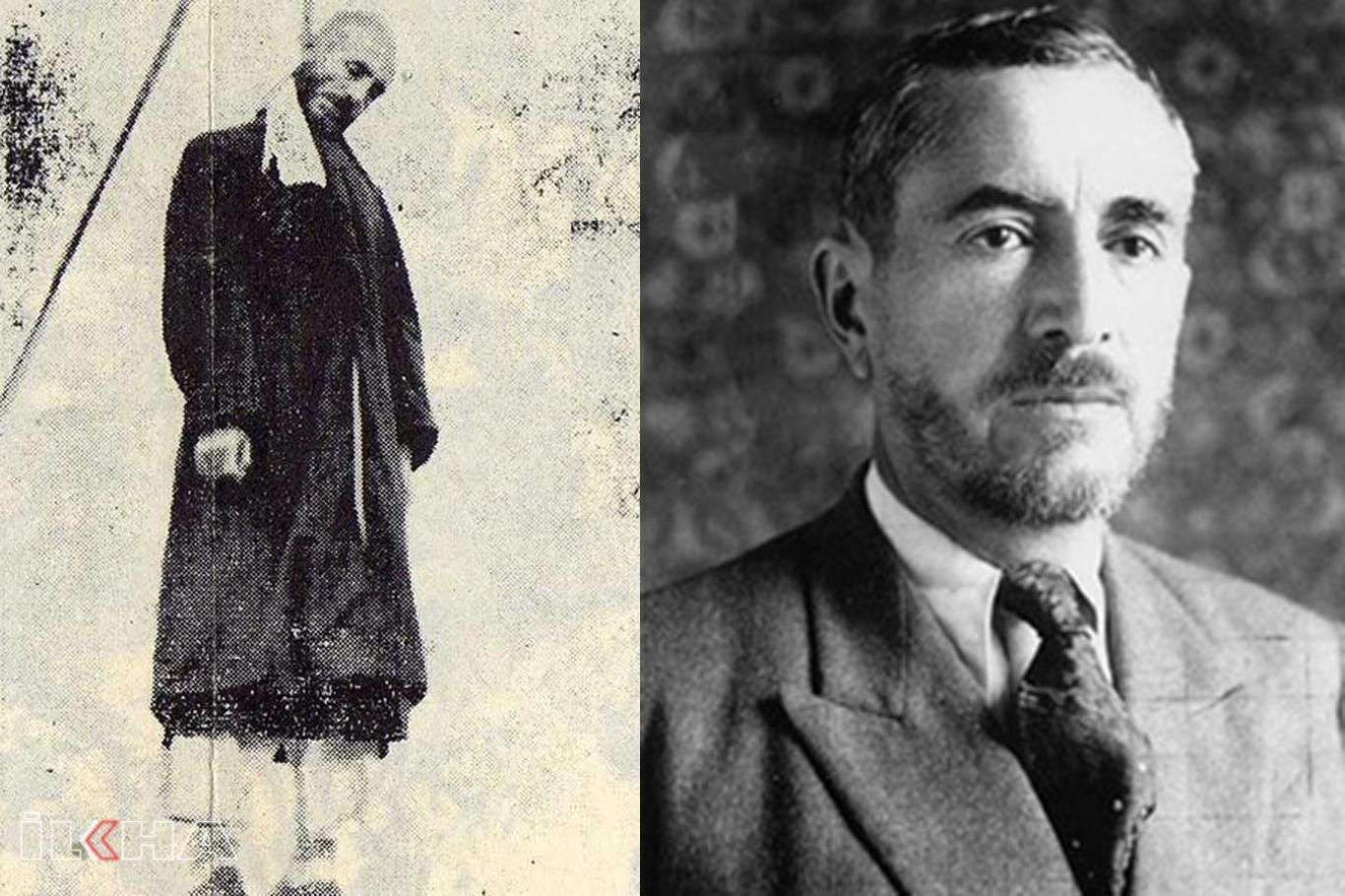Qazi Muhammad commemorated on the 74th anniversary of his execution


Qazi Muhammad was a political and religious leader who became the Head of the Republic of Kurdistan in Mehabad on 22nd Jan 1946.
Qazi Muhammad was an Iranian Kurdish leader who founded the Democratic Party of Iranian Kurdistan and headed the short-lived Republic of Kurdistan. He was hanged by the Pahlavi dynasty in 1947.
Qadi Muhammad was born into a Kurdish family from Mahabad. His father had cooperated with Ismail Shimko during his revolt against the Iranian government in the 1920s, and his brother Sadr Qazi was a member of the Iranian parliament.
After his father’s death, he was nominated as a judge in Mahabad in the 1930s. Qazi Muhammad later became a member of the Komelley Jhíyanewey Kurd, a leading Kurdish organization in Iran at the time. Soon after he became its leader.
Muhammad acted as the President of the Republic of Mahabad, which was founded in January 1946, and declared publicly in March of the same year.
He was also the founder of the Kurdish Democratic Party of Iran, which was established after the need for a more transparent party was felt by its adherents. (Komeley Jiyanewey Kurd existed prior to that, as a secret organization.)
Mustafa Barzani, one of the leaders of the Kurdish movement in Iraqi Kurdistan, was also the commander of its army. His cousin, Mohammed Hossein Saif Qazi, was a minister in his cabinet.
In April 1946, Muhammad signed a peace treaty with Ja'far Pishevari of the Azerbaijani republic in which they exchanged assurances that the Azerbaijani and Kurdish minorities' rights in each republic would be preserved.
A year later, after the Soviets withdrew from Iran, Kurdish Republic was crushed by Iran's central government.
The Iranian military court sentenced Qazi and some of his associates to death, and he was hanged in Chwarchira Square (Kurdish: Meydaní Cuwarcira), in the center of the city of Mehabad, on March 30, 1947. (ILKHA)
LEGAL WARNING: All rights of the published news, photos and videos are reserved by İlke Haber Ajansı Basın Yayın San. Trade A.Ş. Under no circumstances can all or part of the news, photos and videos be used without a written contract or subscription.
The European Union is grappling with an unprecedented escalation in drug trafficking, with officials estimating that over 100 tons of cocaine enter the continent each year—a figure that European security agencies admit may represent only a fraction of the true scale.
On November 2, 1917, British Foreign Secretary Arthur James Balfour sent a short letter to Zionist leader Lord Rothschild, pledging Britain’s support for a Jewish homeland in Palestine.
One year has passed since Yahya Sinwar, the legendary leader of Hamas in the Gaza Strip, was martyred in a direct confrontation with Israeli forces in Rafah.
Two years have passed since the morning that forever altered the course of the Palestinian struggle — the dawn of October 7, 2023, when the besieged enclave of Gaza broke through its prison walls in a thunderous uprising now etched into history as Operation Al-Aqsa Flood.